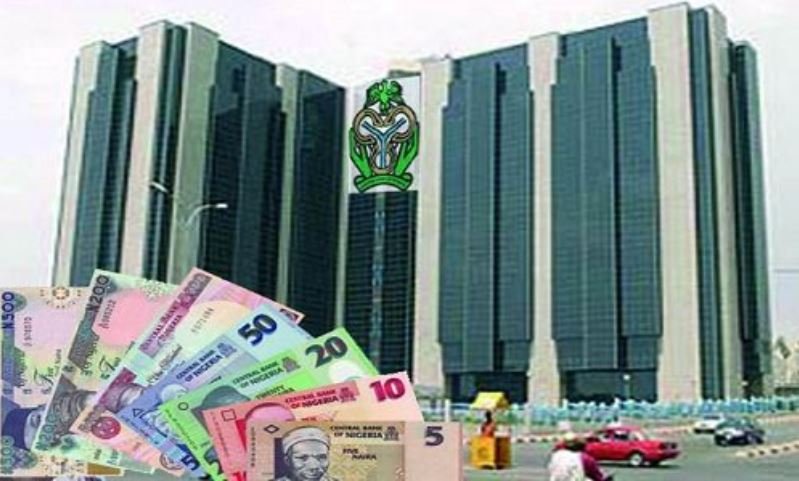The Nigerian naira is the third worst-performing currency in the world behind the Lebanese pound and the Argentine peso among the 151 currencies tracked, Bloomberg said.
The report said on Friday that the naira will decline further in 2024, with no rebound in sight.
“The naira is poised for its worst year since the return to democracy in 1999, with analysts predicting further depreciation in 2024,” Bloomberg disclosed.
The naira fell 55 percent this year to N1,043 per dollar at the official market on Thursday.
Bloomberg said, the fall made the naira the third worst-performing currency in the world behind the Lebanese pound and the Argentine peso, among 151 currencies tracked.
According to reports, Nigeria’s foreign reserves are at their lowest point in six years as a result of unpaid short-term obligations abroad.
In the non-deliverable forwards market, according to the report, the naira’s 12-month contract is trading near a record low of N1,294.44 to the dollar.
The depreciation began in June 2023, after the Central Bank of Nigeria (CBN) unified all segments of the forex exchange (FX) market, allowing the currency to trade more freely.

The publication said the end of the petrol subsidy and currency depreciation fueled inflation, which is at 28.2 percent, while the benchmark interest rate is at 18.75 percent.
“The negative real interest rate has dissuaded overseas investors,” the report said.
Vetiva Capital Management Ltd. said that the naira may depreciate further unless Tinubu’s government attracts international investments or ramps up oil output.
Bloomberg’s prediction is at variance with that of Bismarck Rewane, chief executive officer, who said Nigeria’s exchange rate is expected to rise in 2024.

The Central Bank Governor, Olayemi Cardoso, also projected that exchange rate pressures are expected to reduce significantly in the coming year.

In addition, JP Morgan estimates Nigeria’s net FX reserve to be around $3.7 billion, significantly lower than the net figure of $14 billion reported at the end of 2021.
“Based on partial information from the audited financial accounts, we estimate that CBN’s net FX reserves were around US$3.7 billion at the end of last year, up from US$14.0 billion at the end of 2021,” the financial service firm stated.
The devaluation of the naira is attributed to factors such as President Bola Tinubu’s reforms, including the unification of the foreign exchange rate.











